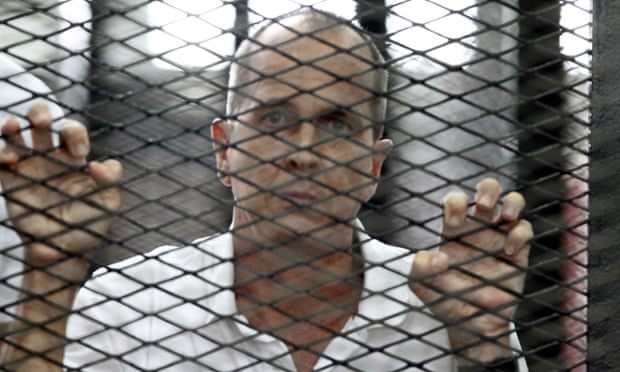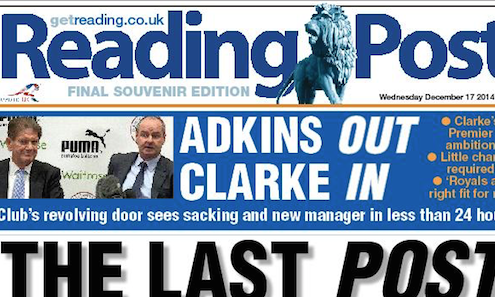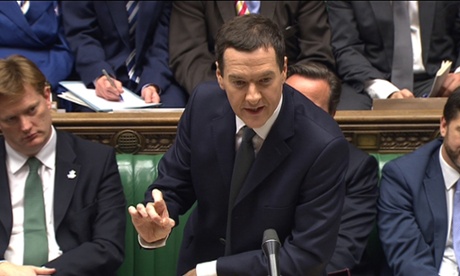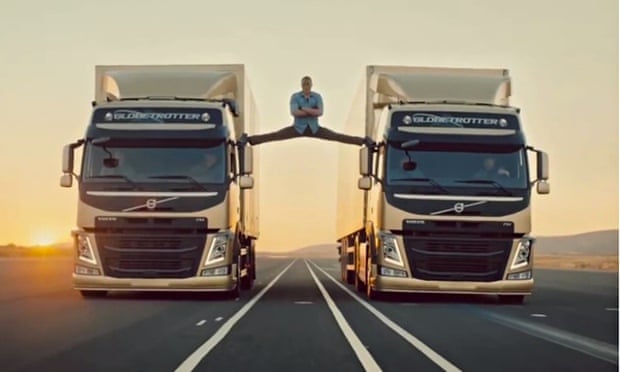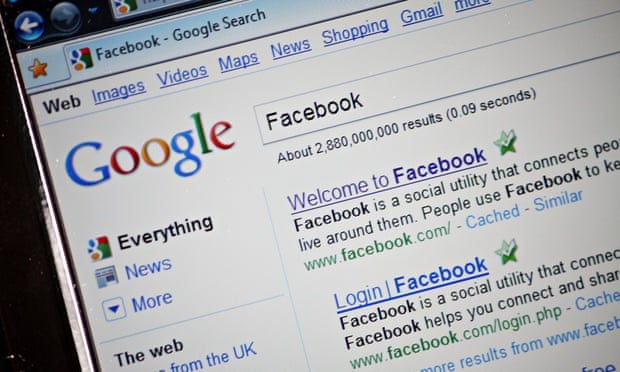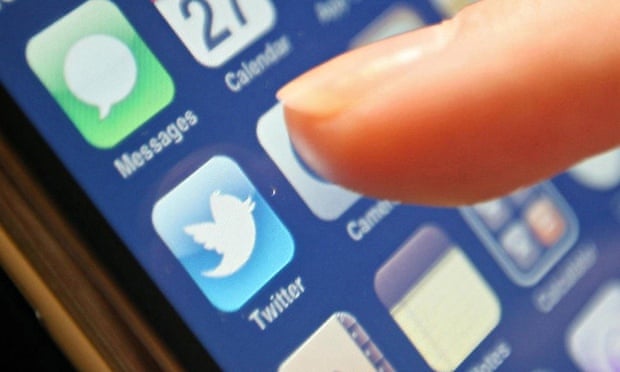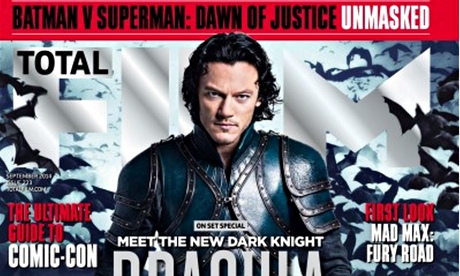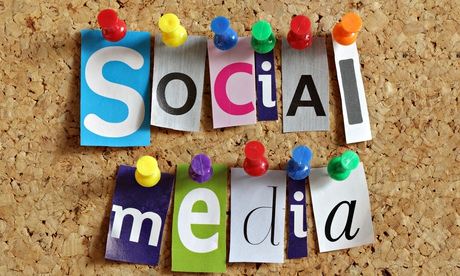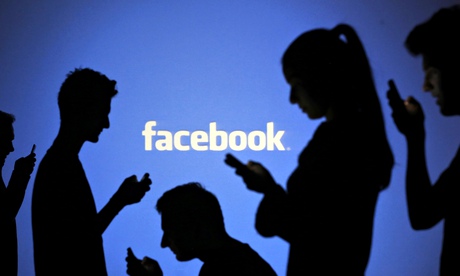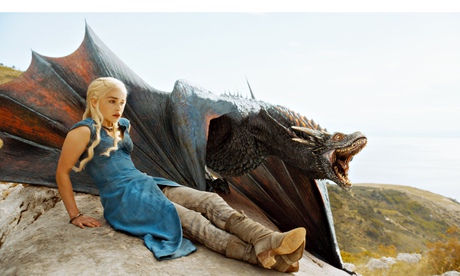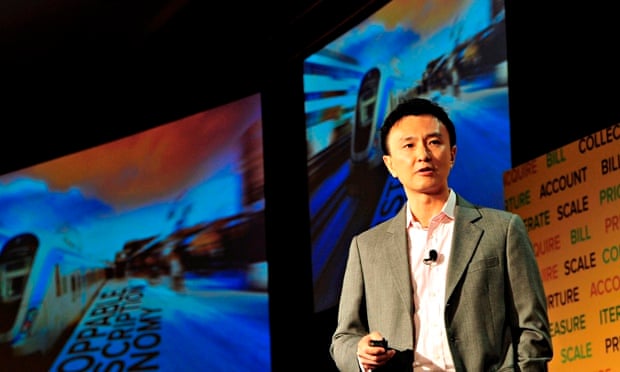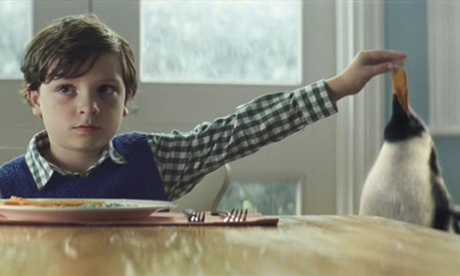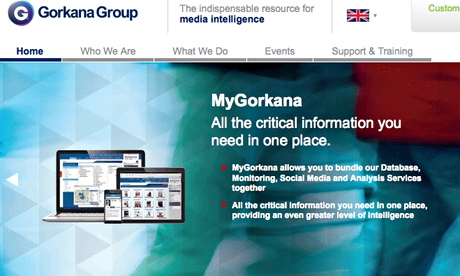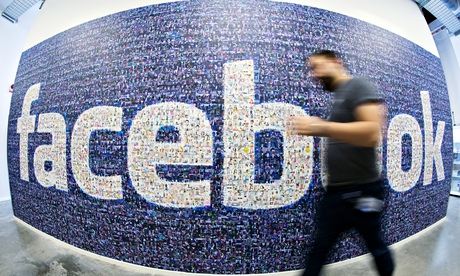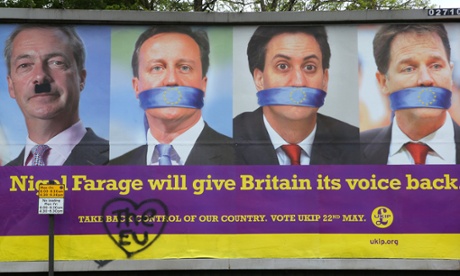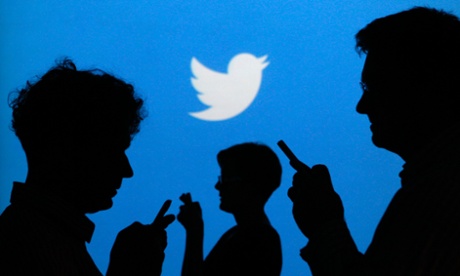Section 1- This is about how newspapers are being destroyed and the internet is taking over so consumers should have to pay for content.
Section 2- The demand for high end journalism has gone down as consumers have turned to online content rather than buying newspapers.
Section 3- The dynamic has changed consumers perspectives of buying news content, news used to be paid to be delivered to houses even though they would lose customers but still made profit.
Section 4- There are three scenarios given if The Times and The Post build a pay wall.
This article is about David Simons view on putting up a pay wall. He believes that most people may not pay for news if we leave it any longer to introduce a pay wall, however they may not have a choice to pay for quality news and even if they do not pay at least some profit will be made from the consumers who do pay. Simons is for newspapers and wants to try and save high end journalism by preventing the collapse of the newspaper industry. He states the industry is in 'slash and burn mode' and blames the newspapers as he believes it is their fault because they release all of the news through online content for free which is obviously the easiest way for consumers to access the information without paying for it.
The lack of imagination on display in this article is jaw-dropping. If, in five years, any part of this article can be looked back upon as anything other than a completely wrong-headed assessment of the state of the industry, if a reasonable person will be able to look back from 2014 on any of the suggestions and say either, "That would have been a good thing to try" or "Thank goodness they did that," I will eat a Baltimore Orioles hat while standing naked in Times Square.
This person definitely does not agree with the article because the state of the newspaper industry does not need a pay wall for their online content as that would be something society would not be pleased with.
The reason why newspapers are struggling now is not entirely because of a free online product and low online ad revenue. The reason newspapers are hurting is because the car industry went kerplunk. I would guess that NY Times readership has increased since it went online. It's just waiting to find a way to capitalize on that readership. Once someone figures out a way to do that, then problem will take care of its self. Also if NYTIMES and WP start charging we'll all just go to CNN.com. We will be less informed but we will also not have paid for something we believed should be free.
This person doesn't agree with David either because he believes news should be provided for free and if online content was to be charged for then people would just keep trying to find an alternative way to consume free news, even if it is not to the highest standard.
I fully agree with David Simon. The big dogs of journalism must act soon and decisively if they want to save the virtues and quality that define the very notion of their profession. I'd really rather pay for a good, interesting, unbiased, informative, product of journalism than read amateur bloggers who jot down a few sentences and then cover half of the screen with screaming advertisements.
This person agrees with David because he basically says news should be paid for if it is of quality rather than reading low end journalism news.
My opinion would be that news should be free as every individual has the right to be knowledgeable of current affairs globally and locally as this is important in the case of breaking news. If people are not aware of what is going on then this could potentially be dangerous for them, an example would be the London Riots; if individuals were unaware of what was going on in their communities they could have ran into trouble. Online content should not be under pay wall unless it is entertainment news which is not so important. However a counter argument for my opinion would be that even if there was a pay wall for online content then social media would help get news across to people. As users of social networking such as Twitter can make important news stories trend.
